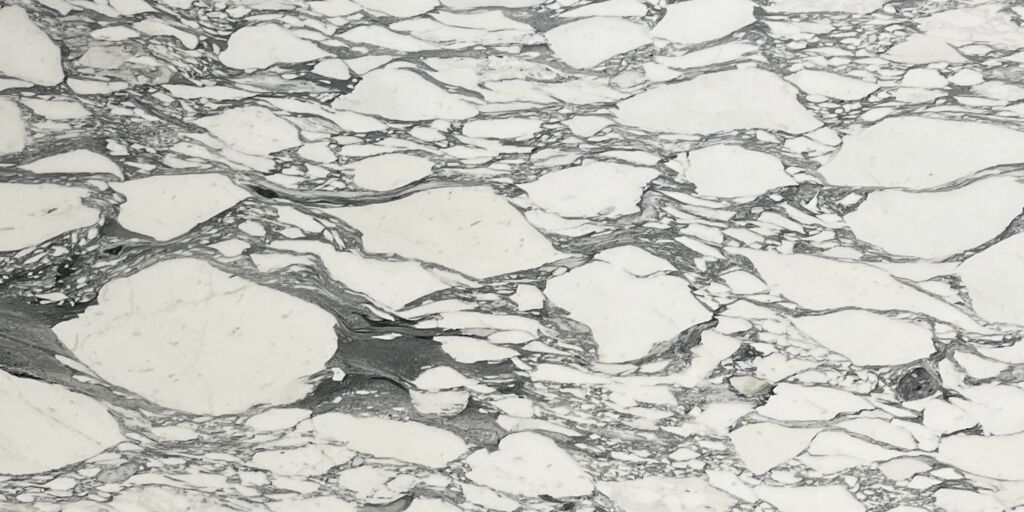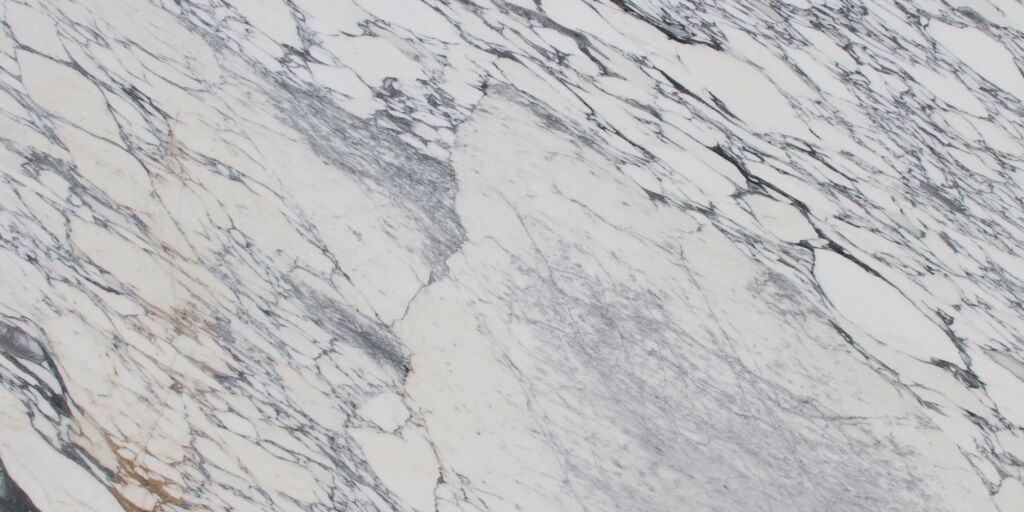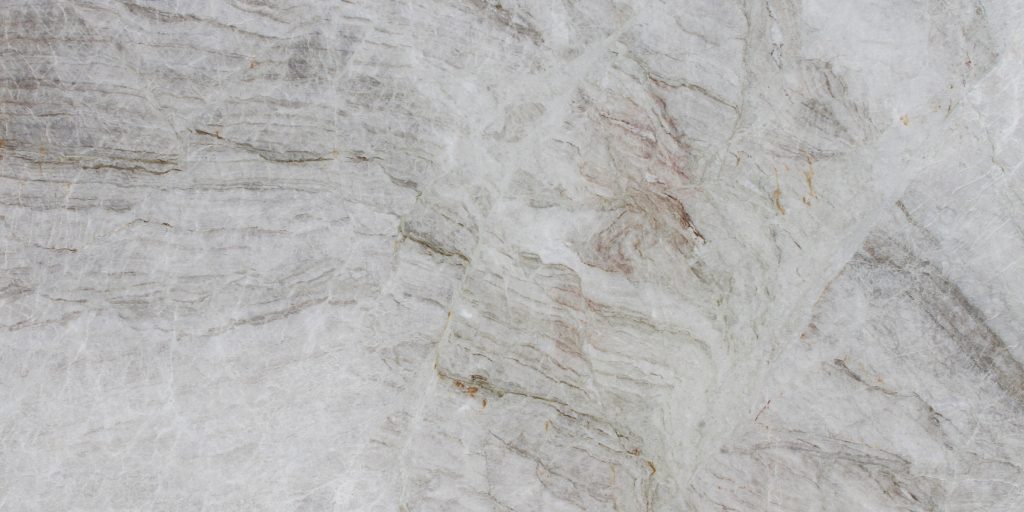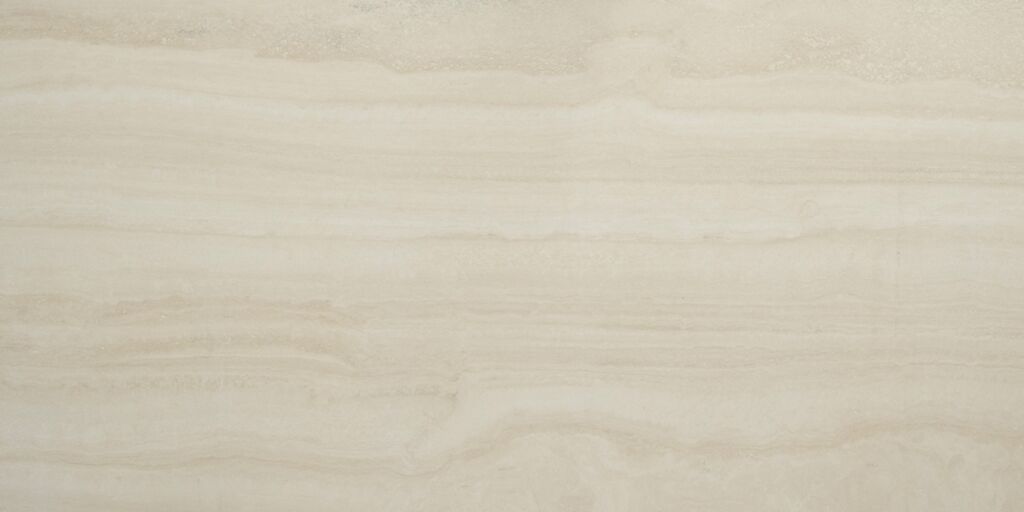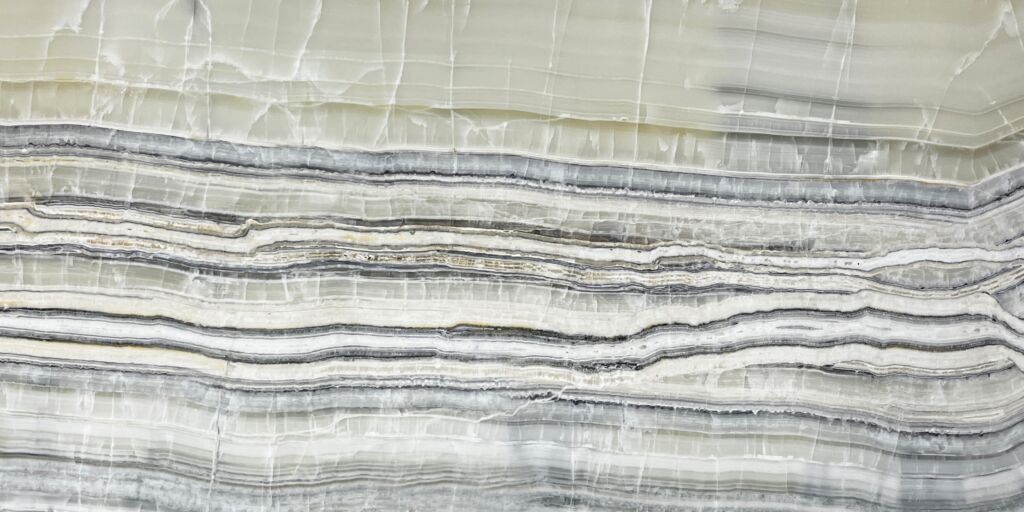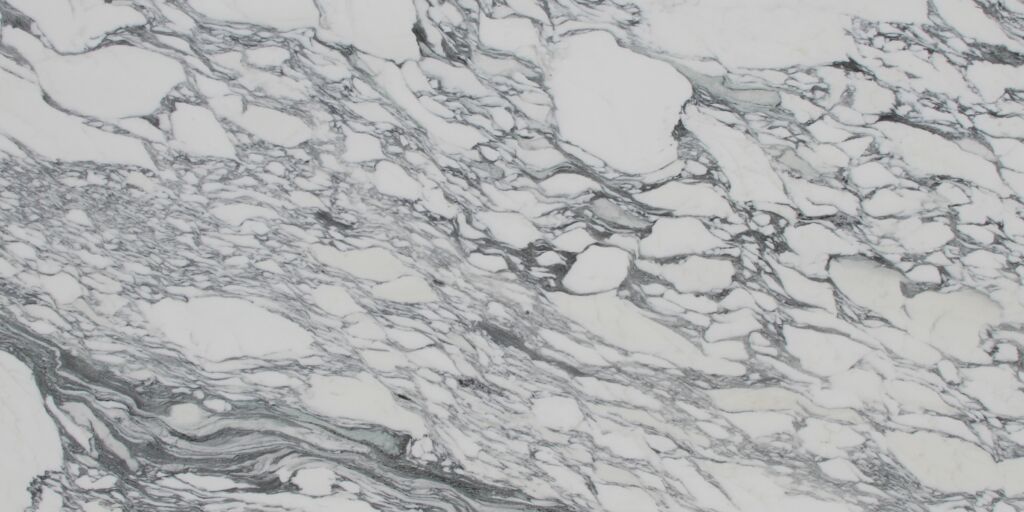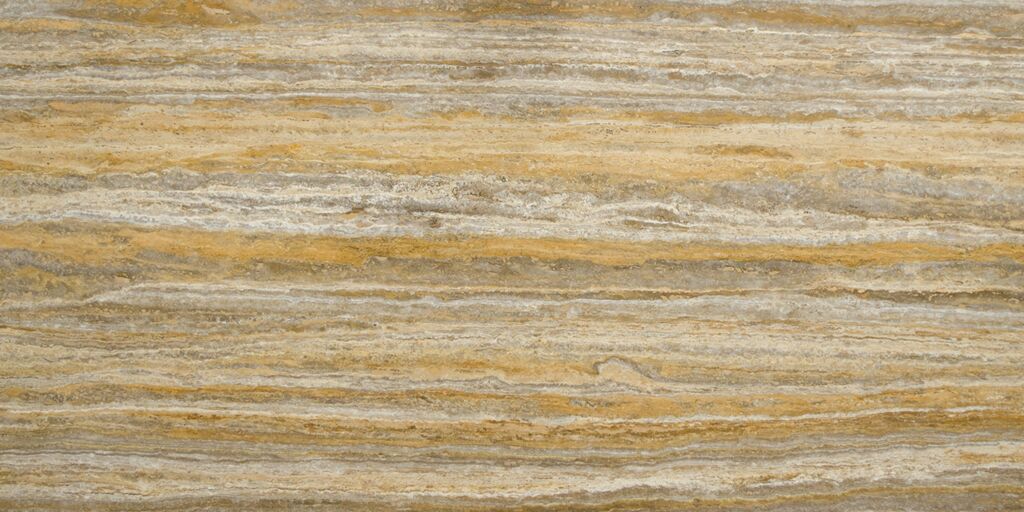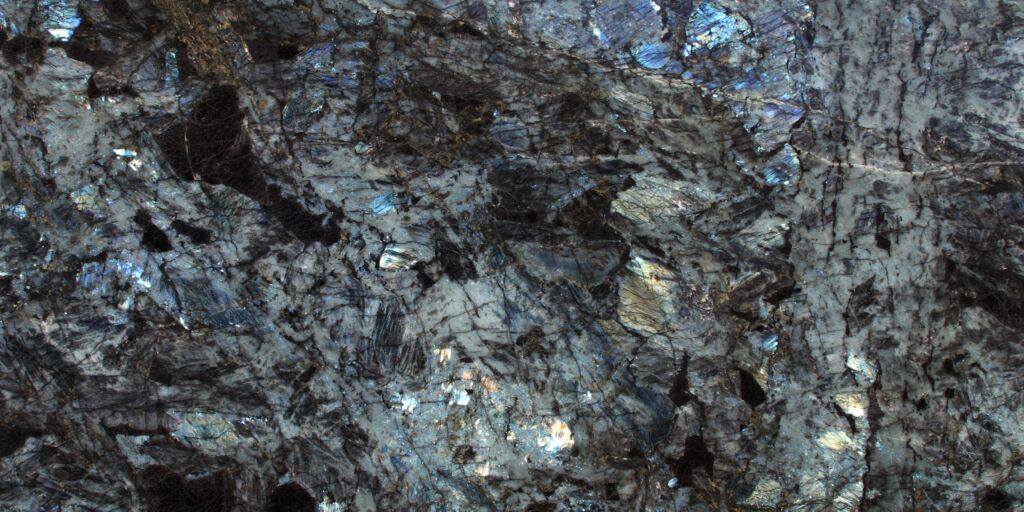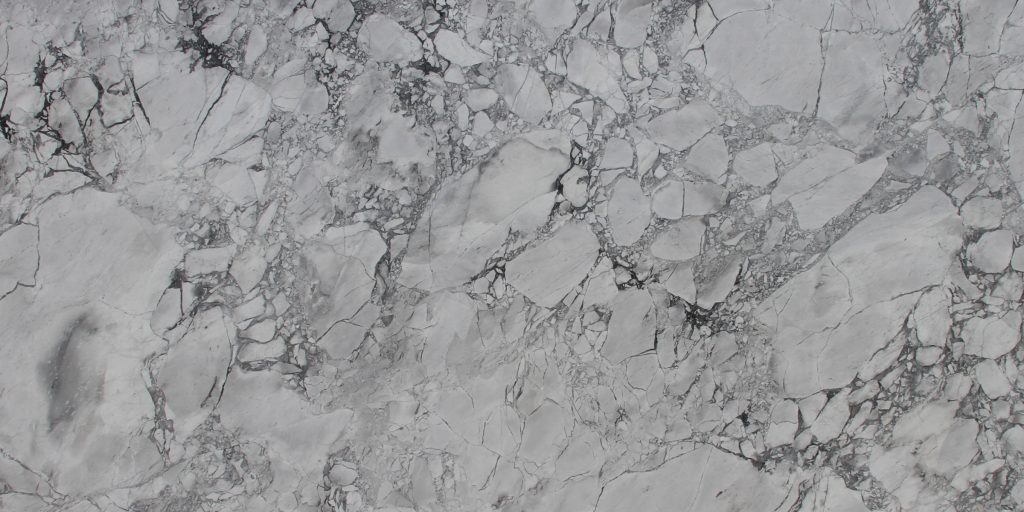Is Marble Going Out of Style?
Introduction:
Marble has long been associated with luxury, elegance, and timeless beauty. This natural stone has been a staple in design for centuries, gracing everything from ancient temples to modern-day kitchens. However, with evolving design trends and a growing interest in eco-friendly materials, some are questioning whether marble is going out of style. In this article, we’ll explore the current state of marble, its advantages and drawbacks, and how it’s adapting to the ever-changing world of interior design.
Section 1: The Timeless Appeal of Marble
Marble has been used as a building material and decorative element since ancient times, with famous structures like the Parthenon and Taj Mahal showcasing its beauty and durability. Its natural veining, color variety, and unique patterns make it a highly sought-after material for both traditional and contemporary design styles. The following are some reasons why marble remains popular:
1.1 Luxury and Elegance
Marble is synonymous with luxury and opulence, adding a touch of sophistication to any space. Its natural veining and colors create a unique, high-end look that’s difficult to replicate with other materials.
1.2 Versatility
Marble is a versatile material that can be used for countertops, flooring, backsplashes, and wall cladding. Its compatibility with various design styles ensures that it remains a popular choice for homeowners and designers alike.
1.3 Durability
When properly sealed and maintained, marble is a durable material that can withstand the test of time. Its resistance to heat and scratches makes it suitable for high-traffic areas and an ideal choice for kitchens and bathrooms.
Section 2: The Drawbacks of Marble
Despite its timeless appeal, there are some drawbacks to using marble in interior design. These factors contribute to the debate on whether marble is going out of style:
2.1 Cost
Marble is a relatively expensive material, particularly when compared to alternatives like quartz or granite. This can be a deterrent for homeowners on a budget or those looking for cost-effective design solutions.
2.2 Maintenance
Marble is a porous material, which makes it susceptible to staining and etching. Regular sealing and careful maintenance are necessary to prevent damage and maintain its pristine appearance.
2.3 Environmental Impact
The extraction and processing of marble contribute to significant carbon emissions and environmental degradation. This has led to an increased interest in sustainable, eco-friendly alternatives.
Section 3: Modern Design Trends and Marble
As design trends evolve, marble faces competition from other materials that offer similar aesthetics with added benefits. Some notable trends include:
3.1 Engineered Stone
Engineered stone, like quartz, is a popular alternative to natural marble. It offers a similar appearance with increased durability, stain resistance, and a more affordable price point.
3.2 Porcelain Slabs
Porcelain slabs are another alternative that mimics the look of marble. They are lightweight, durable, and low-maintenance, making them an attractive option for those seeking the aesthetics of marble without the drawbacks.
3.3 Sustainable Materials
As sustainability becomes increasingly important, designers and homeowners are seeking eco-friendly alternatives to marble. Materials like recycled glass, terrazzo, and bio-based resins are gaining popularity as sustainable options with unique visual appeal.
Section 4: The Future of Marble in Interior Design
Despite the challenges and competition from other materials, marble continues to adapt and maintain its relevance in the design world. The following are some ways marble is evolving:
4.1 Innovative Applications
Designers are finding creative ways toincorporate marble into modern spaces, such as using it for accent walls, statement furniture, and unique art pieces. These innovative applications highlight the beauty of marble while staying on-trend.
4.2 Marble and Technology
Technological advancements have led to new ways of processing and treating marble, making it more durable and resistant to wear. Additionally, digital printing technology allows for the creation of realistic marble patterns on materials like porcelain and laminate, giving homeowners the appearance of marble without the associated drawbacks.
4.3 Mixing Materials
In contemporary design, blending materials has become popular. Combining marble with other natural or engineered stones, metals, or woods creates an interesting visual contrast and adds depth to a space. This approach ensures that marble remains relevant in a world of ever-changing design trends.
4.4 Eco-Conscious Marble Sourcing
As sustainability concerns grow, the marble industry is working towards more eco-friendly practices. This includes responsible quarrying, reduced waste, and improved transportation methods. Some companies are even offering reclaimed or recycled marble products, catering to the growing demand for environmentally responsible options.
Conclusion:
Is marble going out of style? The answer is both yes and no. While marble faces challenges from modern design trends and a growing interest in sustainable materials, its timeless beauty and versatility ensure that it will continue to have a place in the world of interior design. By adapting to new applications, embracing technology, and addressing environmental concerns, marble can remain a sought-after choice for those seeking luxury, elegance, and a touch of the extraordinary.
Keywords: marble, interior design, design trends, luxury, elegance, timeless, eco-friendly materials, sustainable, natural stone, engineered stone, porcelain slabs, quartz, durability, maintenance, cost, environmental impact, innovation, technology, marble sourcing.

